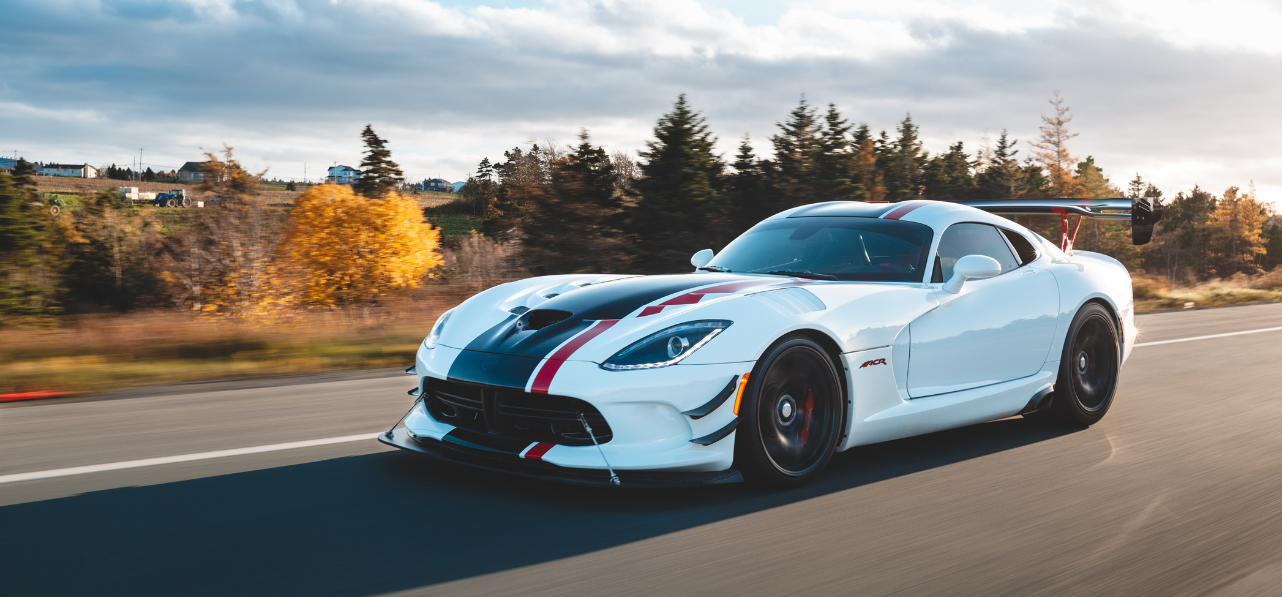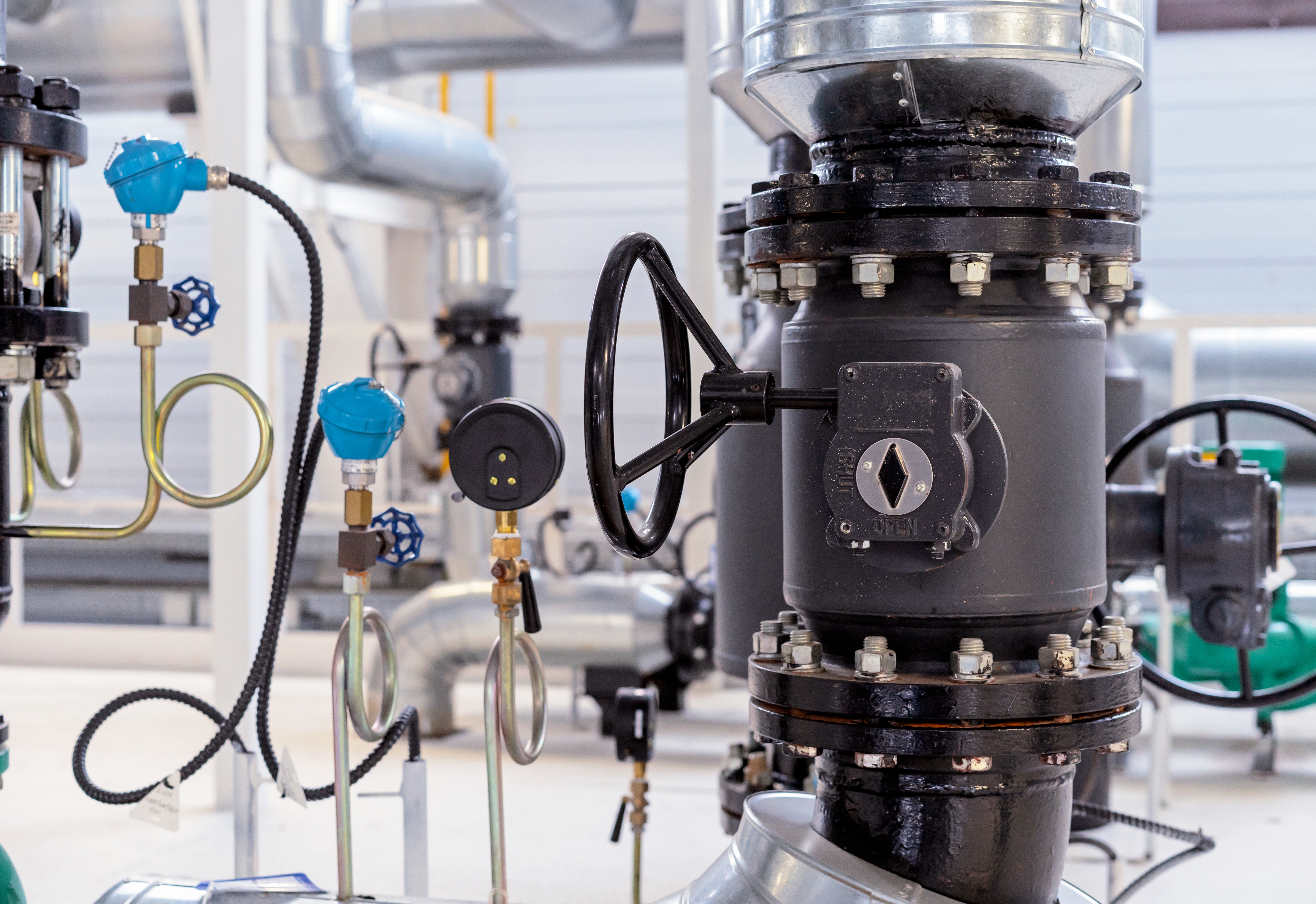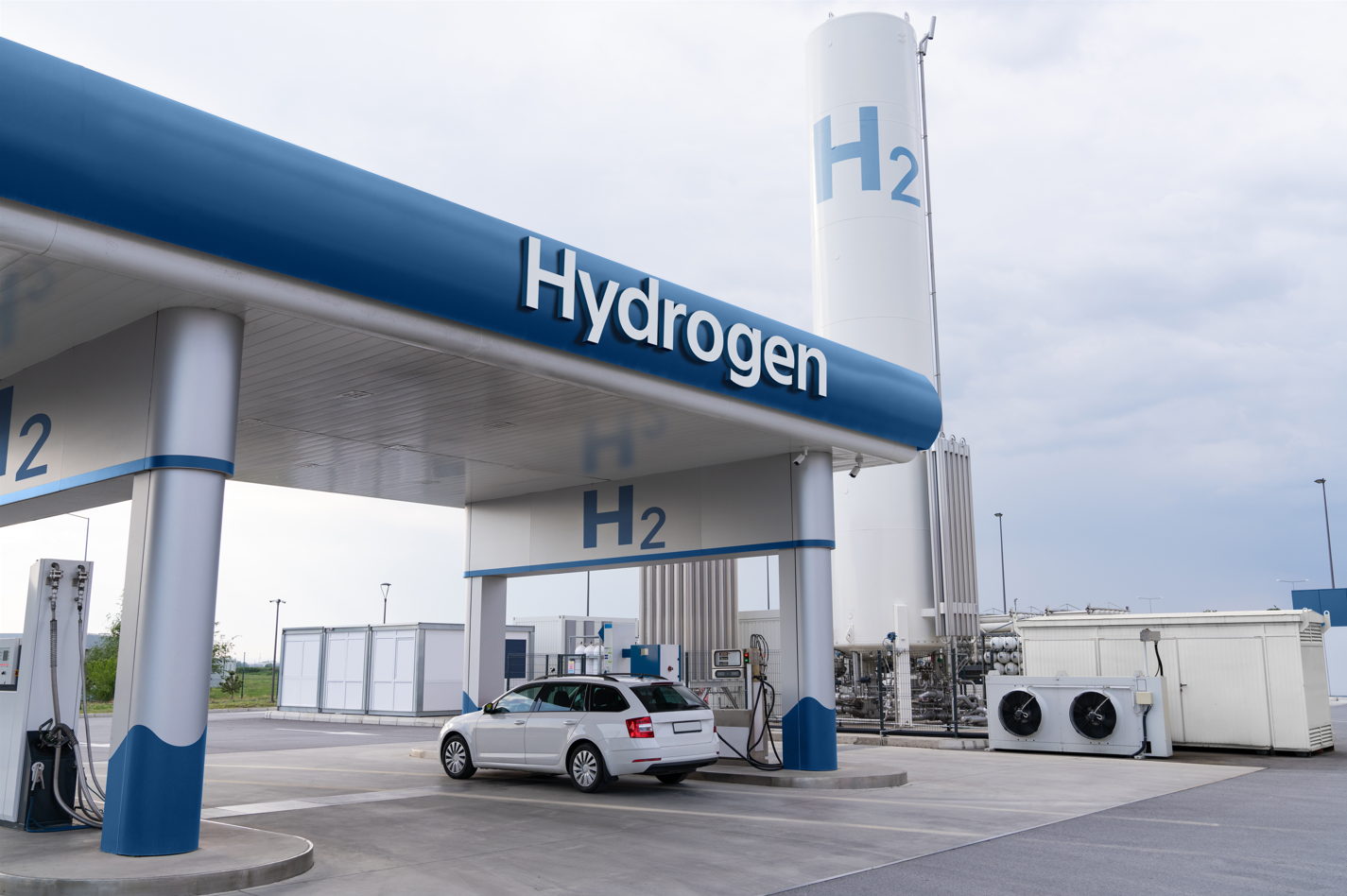Featured Articles
2022-10-31
The performance of hydrogen sports cars are proven to be highly competitive
 The biggest advantage of hydrogen fuel cell stacking and storage tanks is lighter than large-capacity lithium batteries.
The biggest advantage of hydrogen fuel cell stacking and storage tanks is lighter than large-capacity lithium batteries.Hydrogen vehicles are in their infancy, and Hyundai Motor has begun to develop sports cars. If the results in this regard can reach a considerable level, the greatest significance is not only to show the company's technical capabilities, but also to prove that hydrogen fuel cells can be used in sports cars like internal combustion engines, without any discount on performance, which is of great indicative significance.
In September 2021, Hyundai Motor released a conceptual sports car called Vision FK, which uses a motor system originally used in lithium vehicles and combines an electric motor system with a reducer, an inverter for power conversion, and a battery containing a power supply, and a hydrogen fuel cell system. The former was developed by Rimac, an Eastern European supercar factory in which the company owns more than 10%. Hydrogen sports cars' fuel cell stacking and hydrogen storage tanks will be lighter than large-capacity lithium batteries, but several lithium batteries will be needed to buffer the power of their maximum acceleration peak. The Rimac's battery pack used in the sports car has a slightly lower energy density per volume than Hyundai's own E-GMP battery pack, but has a faster charging and discharging speed, so it can produce instantaneous high power, more than 500 kW (about 680 hp), which is better than the total output of the two motors used on the front axle and rear axle of the Porsche lithium vehicle Taycan Turbo S with a total output of 460 kW (about 625 hp). From the above instructions, it can be understood that sports cars cannot be misappropriated and used in the design and parts of general passenger cars, and must be developed for sports cars alone, which requires more resources.
Not only the Vision FK concept car, but Busan Motor Show in July 2022, Hyundai Motor's high-performance sub-brand N, further demonstrated a high-performance hydrogen fuel cell hybrid vehicle called the N Vision 74, which was developed by the company's rolling Labs in Busan. The laboratory is positioned to test and validate advanced technologies for future prototypes that are constantly pushing performance limits, with the goal of developing driving pleasure in pursuit of perfectly balanced cornering capabilities. N Vision 74 is the first work of brand N to explore the hydrogen hybrid in the electrification era, and can choose to be powered by lithium batteries or hydrogen fuel cells according to different conditions; And by the electronic control system can make the dual motor to achieve the best torque distribution control, and reach the maximum horsepower of 670hp. The maximum speed can reach the N habitual level of 250 km/h, and the maximum endurance is 600 km. Hyundai has confirmed that the Ioniq 5 N lithium vehicle will debut in 2023. Although the N Vision 74 is unlikely to be mass-produced in the short term, the emergence of its prototype proves that the company's investment in hydrogen vehicles and the affirmation of its performance are not under the lithium vehicle at all. In fact, from the cases of these two sports cars, we can understand the strong complementarity of lithium vehicles and hydrogen energy vehicles in technology. There are many views that lithium vehicles and hydrogen vehicles will coexist in the future. But it is more accurate to say that lithium vehicles will be a stepping stone into the era of hydrogen vehicles.
References
In September 2021, Hyundai Motor released a conceptual sports car called Vision FK, which uses a motor system originally used in lithium vehicles and combines an electric motor system with a reducer, an inverter for power conversion, and a battery containing a power supply, and a hydrogen fuel cell system. The former was developed by Rimac, an Eastern European supercar factory in which the company owns more than 10%. Hydrogen sports cars' fuel cell stacking and hydrogen storage tanks will be lighter than large-capacity lithium batteries, but several lithium batteries will be needed to buffer the power of their maximum acceleration peak. The Rimac's battery pack used in the sports car has a slightly lower energy density per volume than Hyundai's own E-GMP battery pack, but has a faster charging and discharging speed, so it can produce instantaneous high power, more than 500 kW (about 680 hp), which is better than the total output of the two motors used on the front axle and rear axle of the Porsche lithium vehicle Taycan Turbo S with a total output of 460 kW (about 625 hp). From the above instructions, it can be understood that sports cars cannot be misappropriated and used in the design and parts of general passenger cars, and must be developed for sports cars alone, which requires more resources.
Not only the Vision FK concept car, but Busan Motor Show in July 2022, Hyundai Motor's high-performance sub-brand N, further demonstrated a high-performance hydrogen fuel cell hybrid vehicle called the N Vision 74, which was developed by the company's rolling Labs in Busan. The laboratory is positioned to test and validate advanced technologies for future prototypes that are constantly pushing performance limits, with the goal of developing driving pleasure in pursuit of perfectly balanced cornering capabilities. N Vision 74 is the first work of brand N to explore the hydrogen hybrid in the electrification era, and can choose to be powered by lithium batteries or hydrogen fuel cells according to different conditions; And by the electronic control system can make the dual motor to achieve the best torque distribution control, and reach the maximum horsepower of 670hp. The maximum speed can reach the N habitual level of 250 km/h, and the maximum endurance is 600 km. Hyundai has confirmed that the Ioniq 5 N lithium vehicle will debut in 2023. Although the N Vision 74 is unlikely to be mass-produced in the short term, the emergence of its prototype proves that the company's investment in hydrogen vehicles and the affirmation of its performance are not under the lithium vehicle at all. In fact, from the cases of these two sports cars, we can understand the strong complementarity of lithium vehicles and hydrogen energy vehicles in technology. There are many views that lithium vehicles and hydrogen vehicles will coexist in the future. But it is more accurate to say that lithium vehicles will be a stepping stone into the era of hydrogen vehicles.
References
-
2022-04-02, 騰訊網, 引領未來氫能社會轉型——現代汽車走出了“韓國經驗”
-
2022-07-22, Hydrogen Central, A Green Hydrogen Economy Depends on This Little-Known Machine
-
2021-09-07, Hyundai Motor, Press release, Hyundai Motor Group presents its vision to popularize Hydrogen by 2040 at Hydrogen Wave Forum
- 2021-09-06, CNET, Antuan Goodwin, Hyundai's Fuel Cell Trailer Drone is the future of trucking, minus the trucks
- 2021-09-07, Hyundai Motor, Press release, Vision FK, the world’s first high-performance eco-friendly hydrogen electric vehicle



